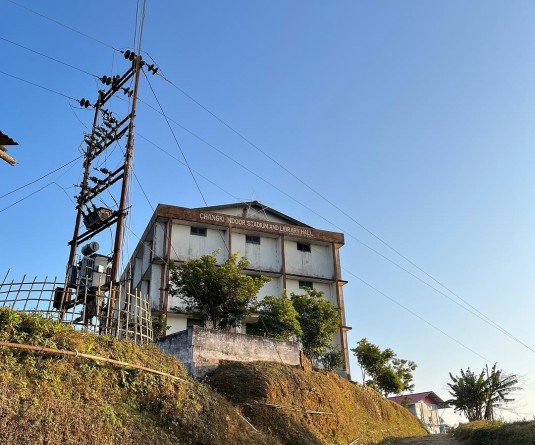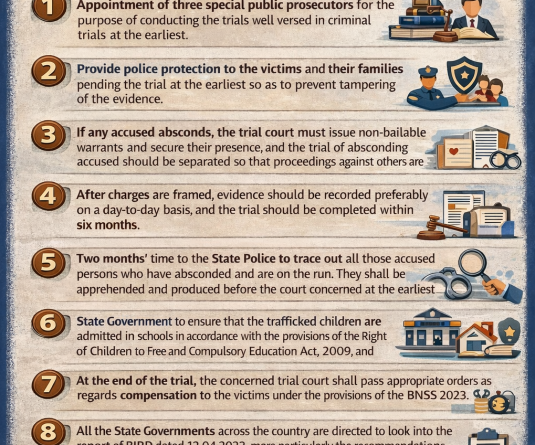
Dimapur, January 4 (MExN): The NSCN unification asserts that the present “Naga unification” initiative is in line with the earlier efforts and with “mandated authority” as endorsed by Naga civil society and both the chairmen of the NSCN-IM and the NSCN-K. Claiming that “certain misguided section of the Nagas” are in opposition to the initiative, the NSCN unification publicity cell issued another reasoning today.
“The ongoing unification move is the renewal and continuing process of series of such moves that were earlier stagnated for one reason or the other. The present Naga unification initiative is in line with earlier efforts and with mandated authority as endorsed by the Naga Hoho, ENPO, Churches (NBCC), (and) respective tribal hohos, both the chairman of NSCN and the Naga public in general” it stated.
The NSCN unification explained: In 1999, the two NSCNs agreed in principle to unify and the move was initiated by “Tangkhul Long, Konyak Union and Sumi Hoho.” Accordingly NSCN-IM general secretary Th. Muivah responded positively saying “We agree Naga unification move and we shall agree to the proposal of merger but no condition should be imposed” according to the NSCN unification.
Then in May and August of 2000, NSCN-IM chairman Isak Swu deputed his emissaries and after joint consultations with their counterparts, Zunheboto town was declared a ‘peace zone’ with the same effort to be pursued in all parts of the Naga areas. “The move gained significance and momentum with support from all sections of the Nagas including collective leaders from both the NSCNs” the statement stated. “Muivah” unilaterally nullified the peace deal and demoted then kilo kilonser Q Tuccu, who led the NSCN-IM’s delegation in the “unification” parleys.
In 2004, the initiative was renewed by the Konyak Union, Tangkhul Long and the Sumi Hoho. While the effort was on the “verge of success,” the statement claimed, “V S Atem on order of Muivah forged Isak Swu’s signature and dispatched letter to Gen. Kholi asking him to immediately desert NSCN (K) camp and join IM camp,” and so “the unification was thus scuttled on the way and Nagas continued fratricidal killings.”
After two years, a peace deal was reached between the two NSCNs on May 29, 2006 at Zunheboto and like earlier agreements Zunheboto was again declared ‘neutral zone’ with approval from both NSCNs’ chairmen. Here the NSCN unification alleged that NSCN-IM cadres attacked “Naga Armies” at Sutemi village in Zunheboto, killed one and injuring another. “Muivah justified the attack stating that the agreement was without his consent and demoted Shikato Chishi the then dy. kilonser regardless of the fact Shikato Chishi was officially authorized by Isak Swu at Bangkok and further endorsed by the National Security Council to append the agreement.” Stating that despite these numerous road blocks, the effort is still on for unification and “political settlement are two inseparable components.”
The NSCN unification further stated that “the immediate factor that accelerated the ongoing Naga unification is attributed to Isak Swu’s national proclamation for peace and reconciliation at Hebron. On 13th Jan.2007, followed by three days prayer fasting with Sumi churches comprising of SBAK, WSBAK (and) SABAK on 21st August 2007 where Isak Swu appealed to the Sumis to unify and pave for unification of all the Nagas at large. Following this clarion call of Isak Swu, joint session of Sumis national workers comprising of both the civil and military officials was held on 17th sep, 2007 and the Sumis further reaffirmed to take forward the call of the Nagas for Unification” it asserted.
“It is thus clear that the current Naga Unification is being pursued with authorization and mandate of not only the Nagas at large but with the consent of Isak Chishi Swu and SS Khaplang” the group stated adding that some “anti-Naga activists” are averse to the initiative and “thus resorting to every possible tirade of accusations against the GPRN/NSCN to confuse and mislead the Nagas.”
The group summarized that “anti-Naga activists at Hebron” are “propagating contradictory rhetoric against Isak Swu’s principle of reconciliation and unification.” The consequent dismissal of Azheto Chophi when he was “only trying to implement the proclamation for peace and unification” issued by Isak Swu clearly “defines the divisive principle of Hebron camp” the NSCN unification maintained. The group also claimed that “the Nagas are with us and we are for the Nagas.”





